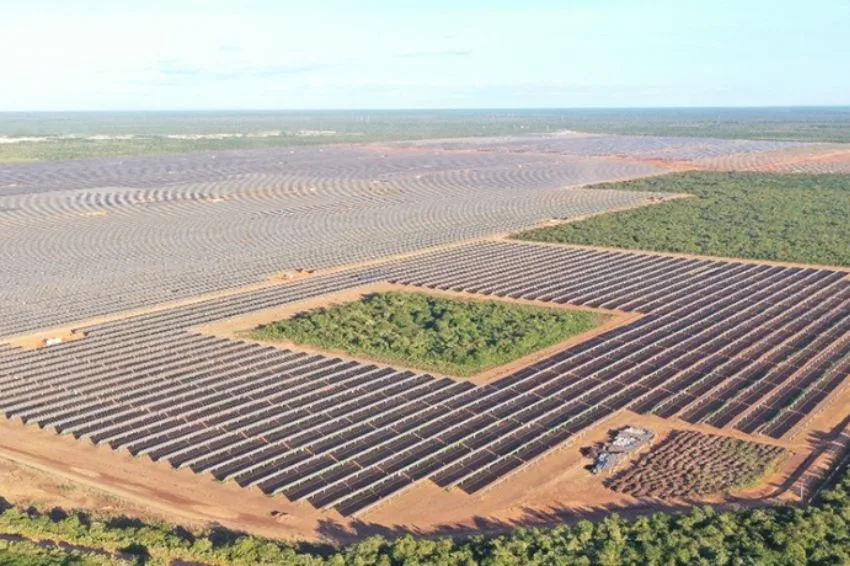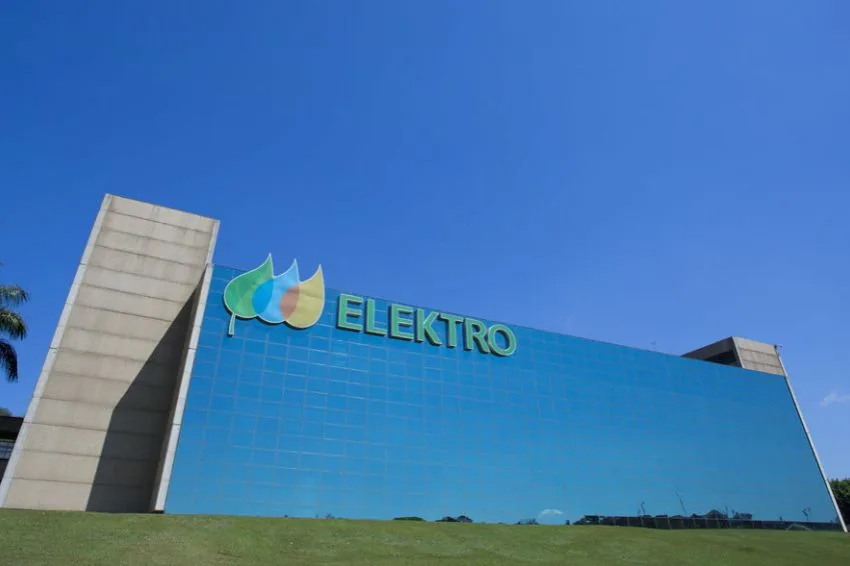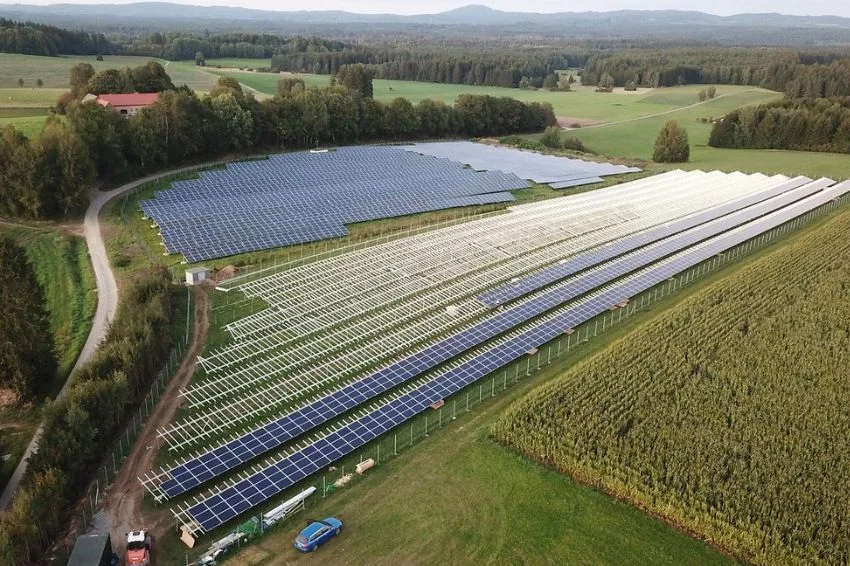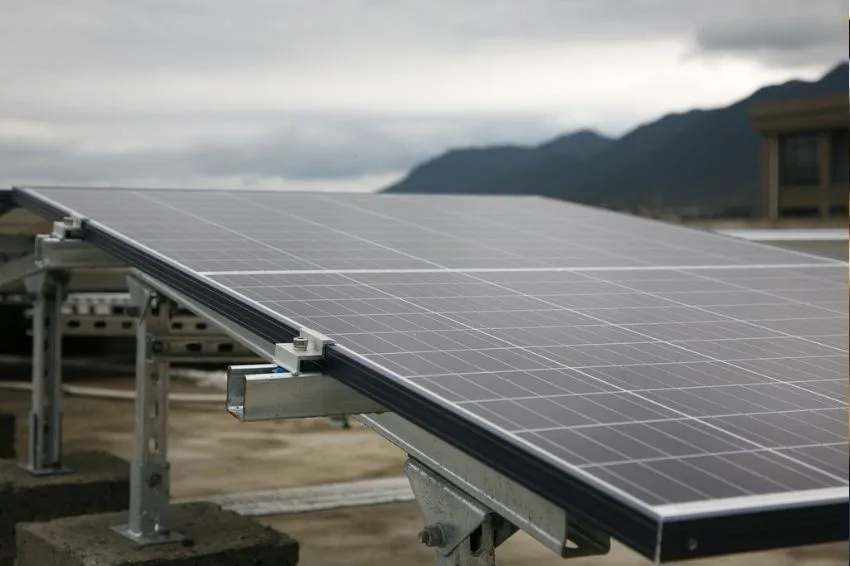ANEEL (National Electric Energy Agency) announced on Wednesday (21) the opening of the first phase of the public consultation to standardize the establishment of hybrid and associated plants in Brazil. The agency hopes to modernize the electrical system, optimize the use of the network, encourage new business models, optimize the use of natural resources (hydro, wind and solar) and expand the opportunity to reduce energy costs.
The agenda is on ANEEL's regulatory agenda for 2020 and 2021, approved in December last year. The discussion began after ABSOLAR (Brazilian Association of Photovoltaic Solar Energy), ABEEólica (Wind Energy Association) and APINE (Brazilian Association of Independent Electricity Producers) sent a joint letter to the agency on the topic, as there is still no regulation for hybrid plants in the country.
"There is a 2018 EPE Technical Note that started a study on this and now the Consultation aims to collect information and cases (examples) on the topic to regulate the application of hybrid and associated plants in Brazil”, explains Marco Weirich, founding partner of Joulew, a company specialized in businesses related to power generation plants.
According to ANEEL, hybrid or associated plants can add efficiency gains to the electrical system, mainly related to generation complementarity and optimization of network use, reducing operating costs and postponing the need for new investments in expansion.
“Our role is to welcome innovation and create a favorable regulatory environment for it to advance. Hybrid plants are a big step in this direction, a step towards achieving efficiency. Transmission and distribution facilities that are idle during some time slots can increase energy transport capacity. And consumers also benefit from cost reduction”, highlighted André Pepitone, general director of ANEEL.
“The objective is that regulatory intervention does not create barriers to new business models, leaving this analysis of complementarity of sources to the entrepreneurs, from the perspective of the viability of projects with hybrid and associated arrangements”, added director Elisa Bastos Silva.
The document under analysis in the public consultation deals with possible changes in the issuance of generation licenses, in the application of discounts in the TUSD (Distribution System Usage Tariff) and TUST (Transmission System Usage Tariff).
In addition, automatic generation shutdown, the implementation of Special Protection Systems and changes in contracting the use of the transmission system will also be addressed.
Hybrid plant attracts investment and creates jobs
According to Sunlution, an energy equipment and solutions company, hybrid generation is a sustainable alternative, which can attract around R$ 76 billion in investment and generate approximately 475 thousand new jobs in ten years. As a result, the current installed capacity is expected to increase from 109 GW to 128 GW.
For Piauhylino Filho, managing partner of Sunlution, hybridization, which allows two or more sources of energy and power production to be combined, can have a positive impact on the economy. Furthermore, he highlights that the regulation opens up space for associated solar generation and, also, the production of Green Hydrogen on a large scale.
“Replacing fossil generation with renewable technologies will be responsible for a leap in sustainability and job creation, and Europeans are already committed to this transformation. The coronavirus pandemic has increased the need for economic recovery measures. Portugal, for example, announced a public call for Green Hydrogen and 75 projects totaling 17 billion euros appeared. Brazil has the best conditions to implement green hydrogen production processes based on hybridization”, analyzed the executive.
Public consultation calendar
The agency will receive contributions by email [email protected] until December 4th. The AIR Report (Regulatory Impact Analysis) and other related documents can be accessed on the ANEEL page, in the space of Public Consultation No. 061/2020.
After the end of the first phase's contribution period, if it is concluded that regulatory changes are necessary, a second phase will be initiated to evaluate the draft resolutions.
Hybrid and Associated Plants
“Hybrid plants are all primary generation plants and their objective is to combine different generation sources in the same space, location or land, but their objective is to complement and make better use of the connection and transmission infrastructure”, explains Marco Weirich , founding partner of Joulew.
“The associated plants differ due to the format of the arrangement, where they are also primary and complementary sources, they share land, locations and spaces, but each plant individually has a grid system, a meter separating the product (electrical energy) from each plant, but they share the same transmission system,” adds Weirich.
According to the expert, hybrid plants have several possible combinations: wind and photovoltaic; wind, photovoltaic and batteries; hydroelectric, photovoltaic and batteries; biomass and natural gas; coal and biomass among others.
















One Response
As of today, 20-11-2021, the hybrid system has already been released by Aneel..?
Or does the legislation not include hybrid photovoltaic systems?